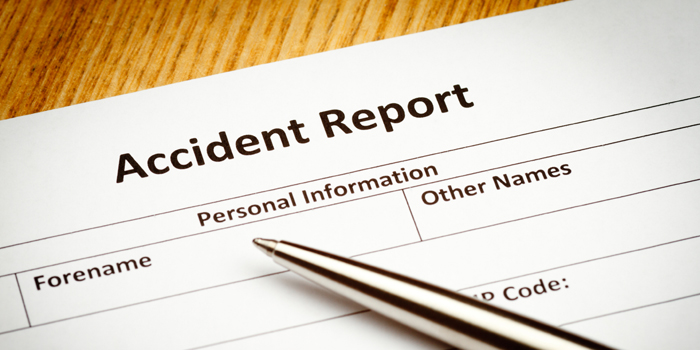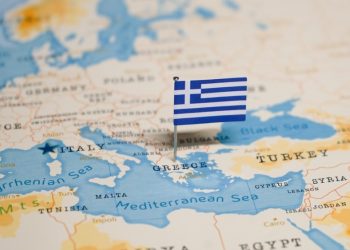The National Transportation Safety Board has determined that the mechanical failure of the left front axle of an amphibious passenger vehicle is the probable cause of a fatal 2015 collision involving the amphibious passenger vehicle, a motorcoach and three passenger vehicles on the Aurora Bridge, in Seattle, Washington.
Improper manufacturing by Ride the Ducks International, the vehicle manufacturer, and inadequate maintenance by Ride the Ducks of Seattle, the vehicle owner and operator, resulted in the axle failure that subsequently led to the loss of vehicle control, according to the NTSB’s final report.
The lane crossover crash occurred when the driver of the DUCK 6 amphibious passenger vehicle lost control while traveling northbound across the Aurora Bridge, and veered into the southbound center lane, where the motorcoach was traveling. The DUCK 6 struck the motorcoach, killing five motorcoach passengers and injuring 71 others on both vehicles. Three other vehicles were damaged during the crash sequence.
Contributing to the passenger injuries were the lack of occupant crash protections for the amphibious passenger vehicle and the high impact forces of the crash. Occupant protection is an issue area on the NTSB Most Wanted List of safety improvements.
“This was not a case of an impaired, fatigued, or distracted driver or of any inappropriate actions by either driver. Rather, the crash was due to a mechanical failure on the amphibious passenger vehicle that should have been addressed,” said NTSB Chairman Christopher A. Hart. “This crash is a cautionary tale of what can happen when a manufacturer does not follow established rules about fixing safety defects.”
The report also examined a 2016 accident in Boston involving a motor scooter and a 37-passenger amphibious passenger vehicle in which one person died and another was injured. The result of this crash investigation raised concerns regarding risk management practices which were also a safety issue in the Seattle crash investigation.
Recommendations
As result of the Seattle investigation, the NTSB issued nine safety recommendations to the National Highway Traffic Safety Administration, three to the U.S. Coast Guard, three to Ride the Ducks International, one to Ride the Ducks of Seattle, and one to the Passenger Vessel Association. The recommendations address issues including the failure of a vehicle manufacturer to properly address safety defects through the regulatory recall process, lack of adequate oversight of amphibious passenger vehicle maintenance and failure to conduct effective safety repairs as recommended in service bulletins, lack adequate occupant protection in amphibious passenger vehicles used in commercial passenger tours, and risk management in amphibious passenger vehicle operations.
Explore more by reading the report below
Source: NTSB































































